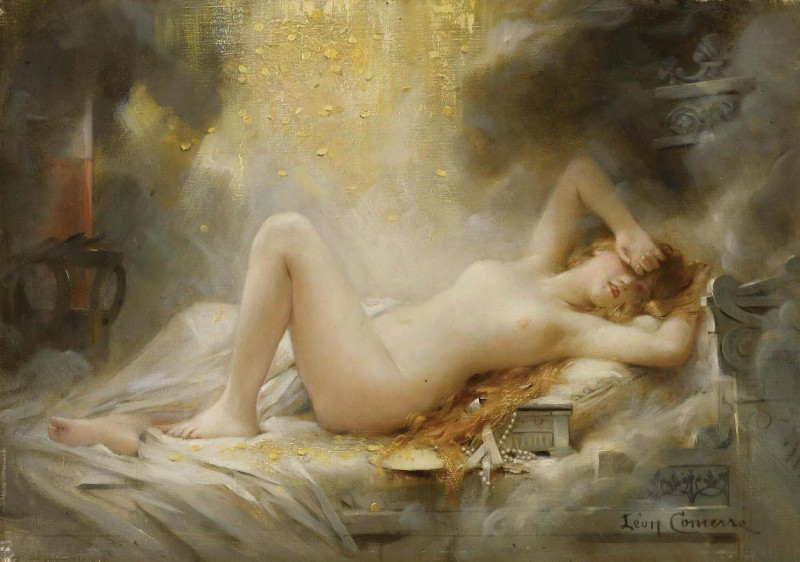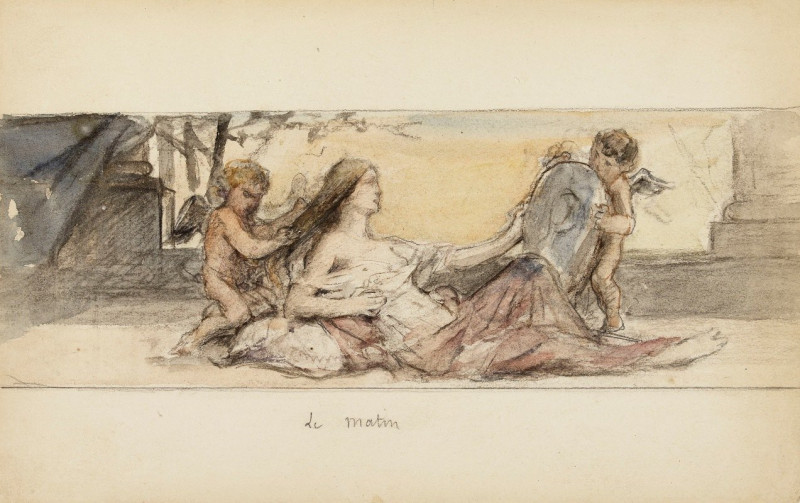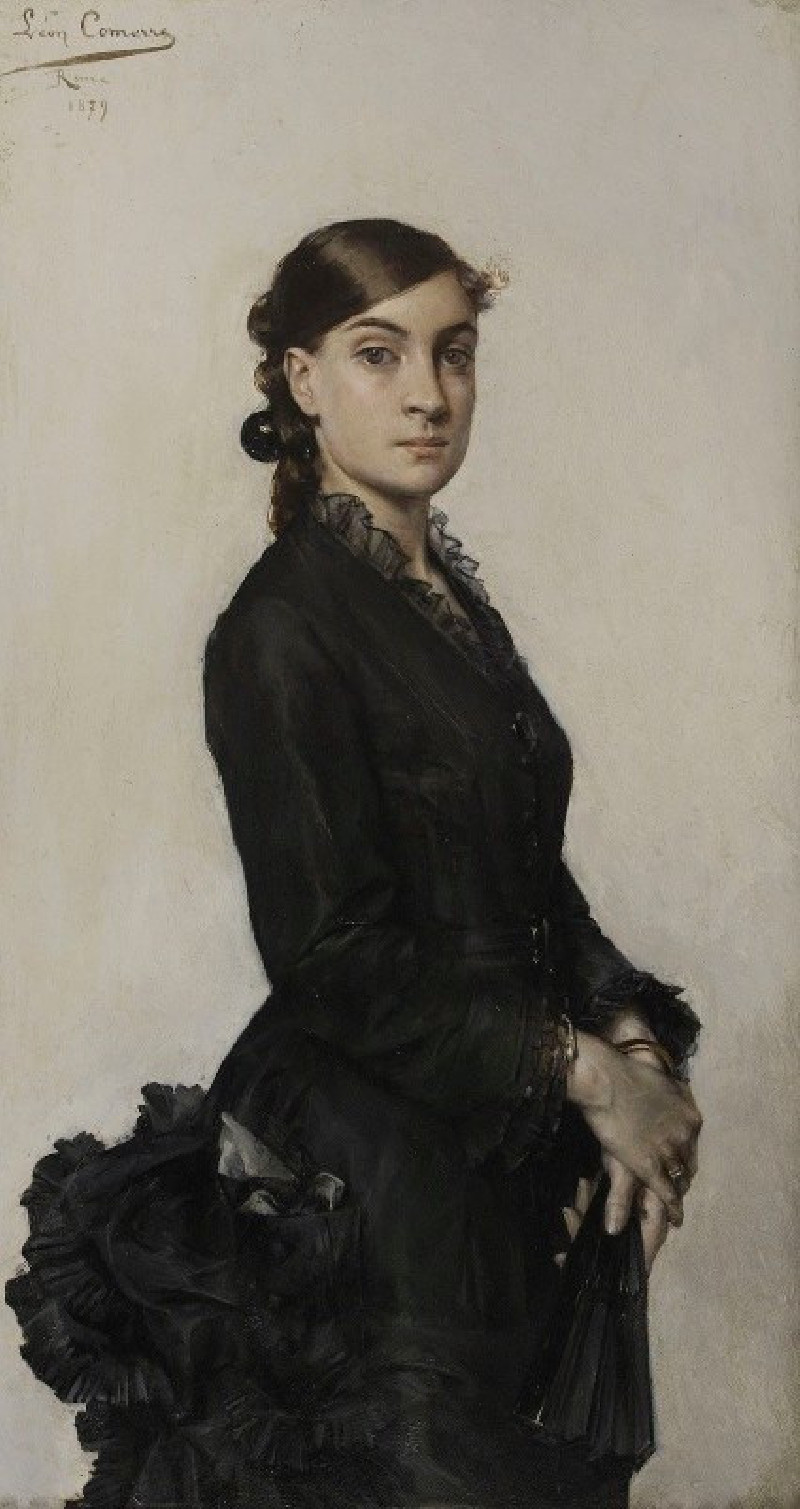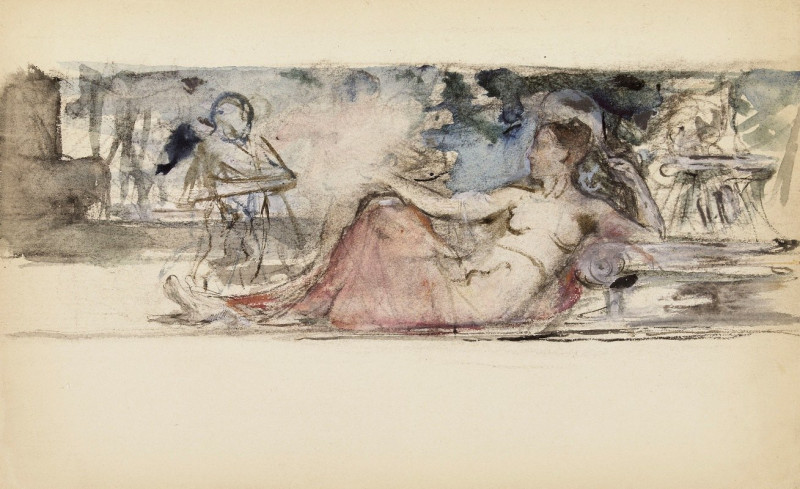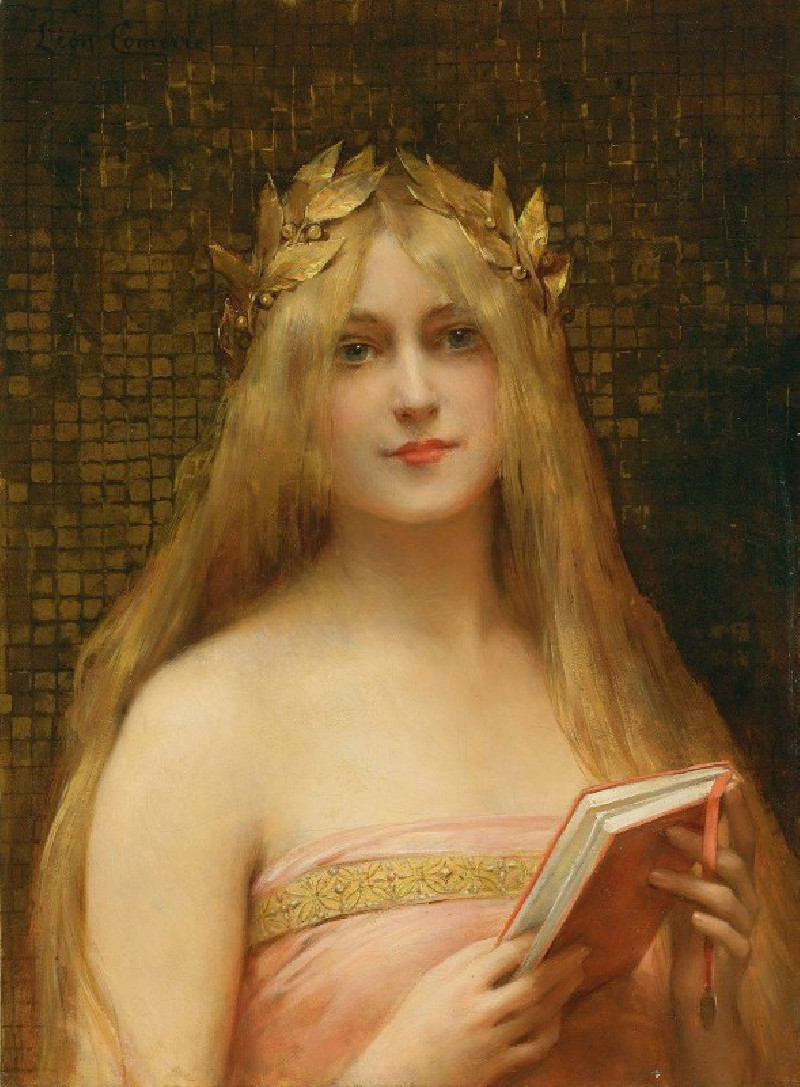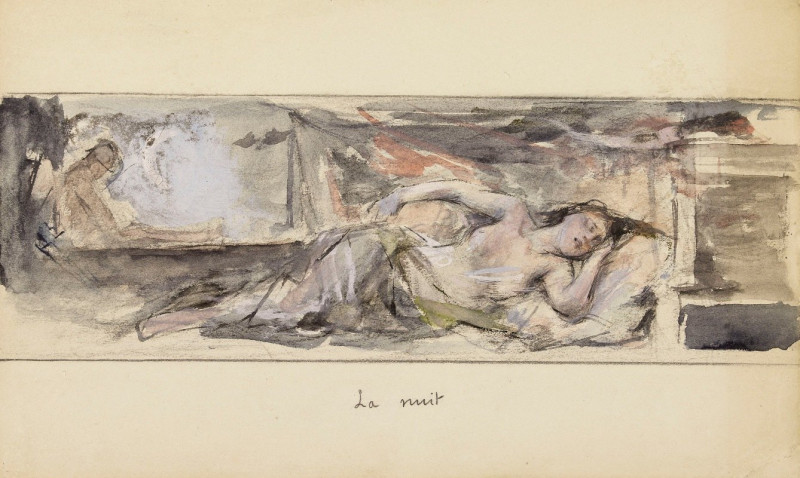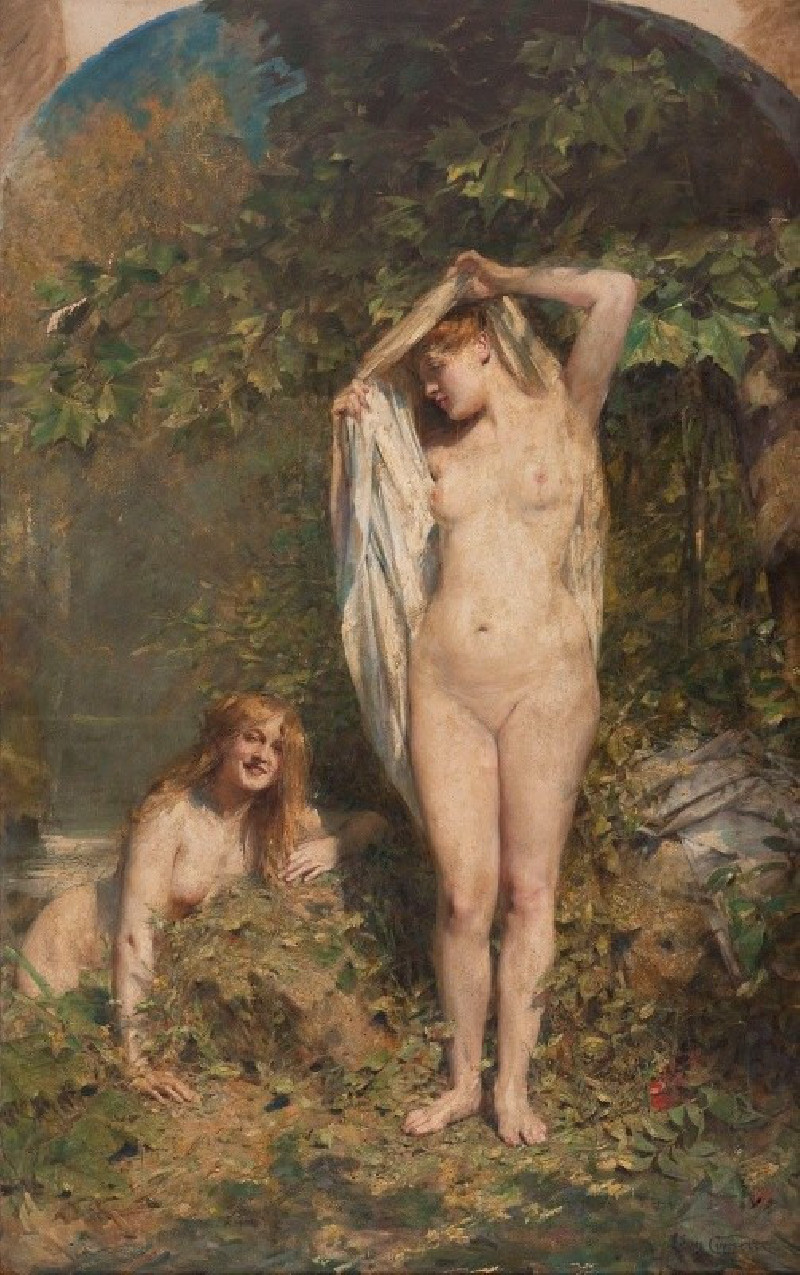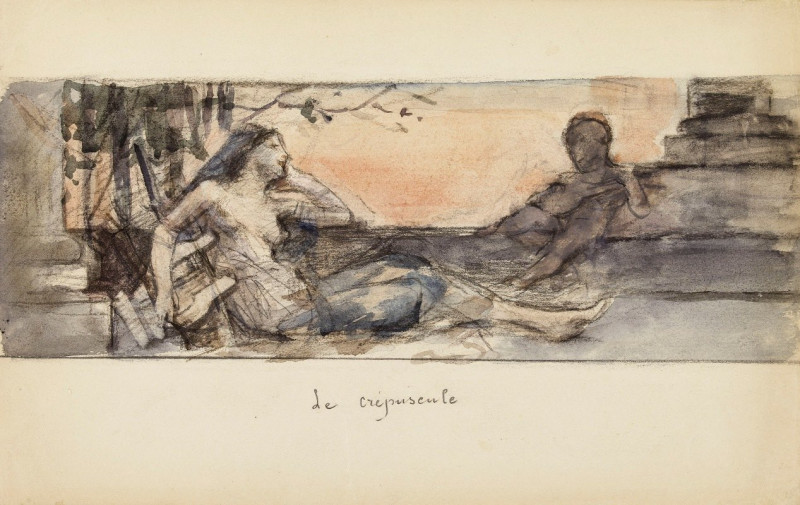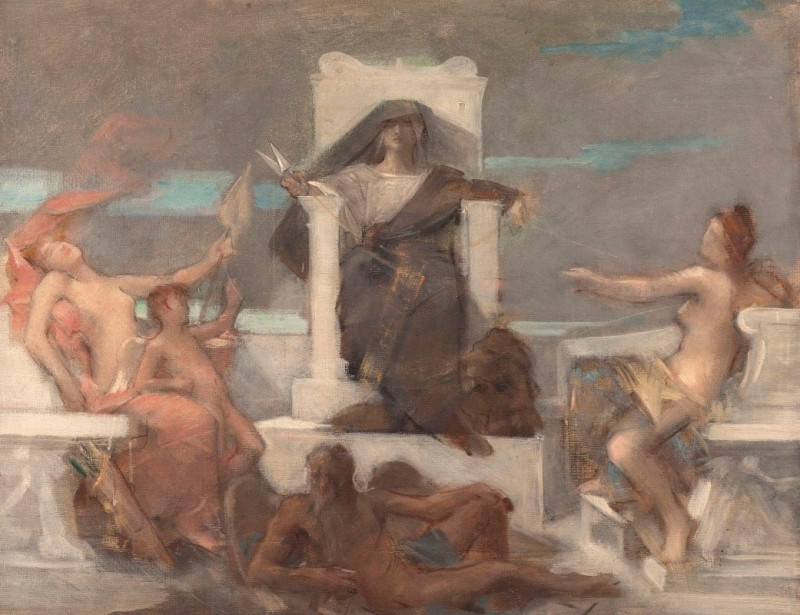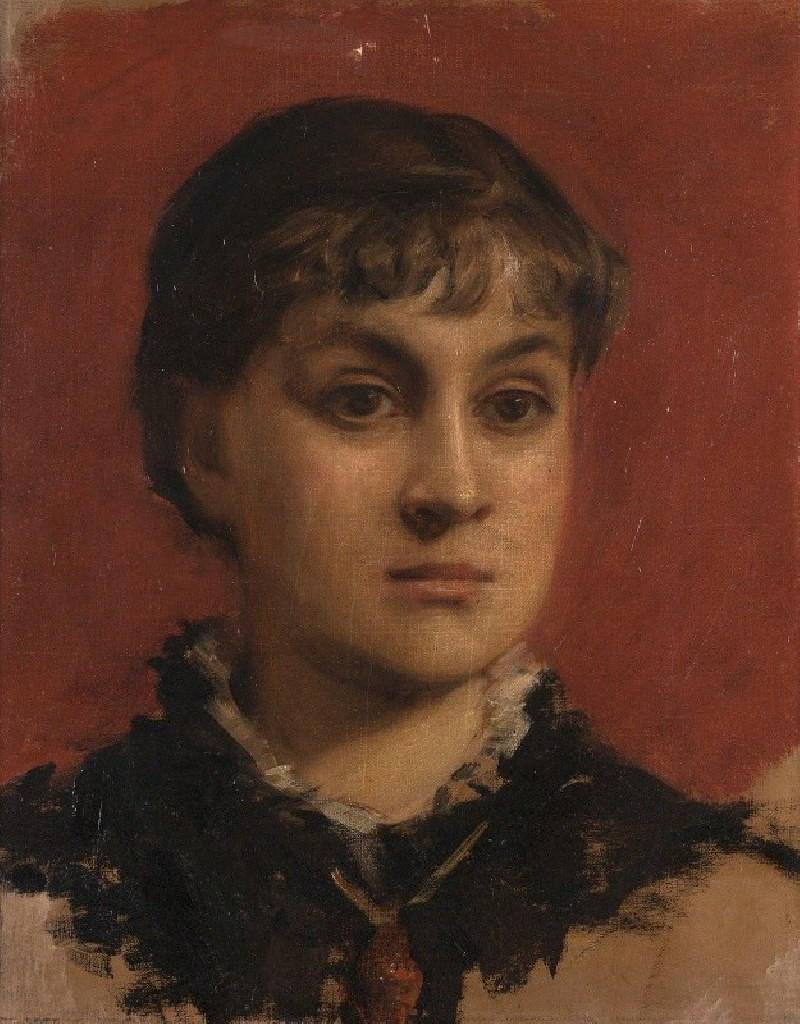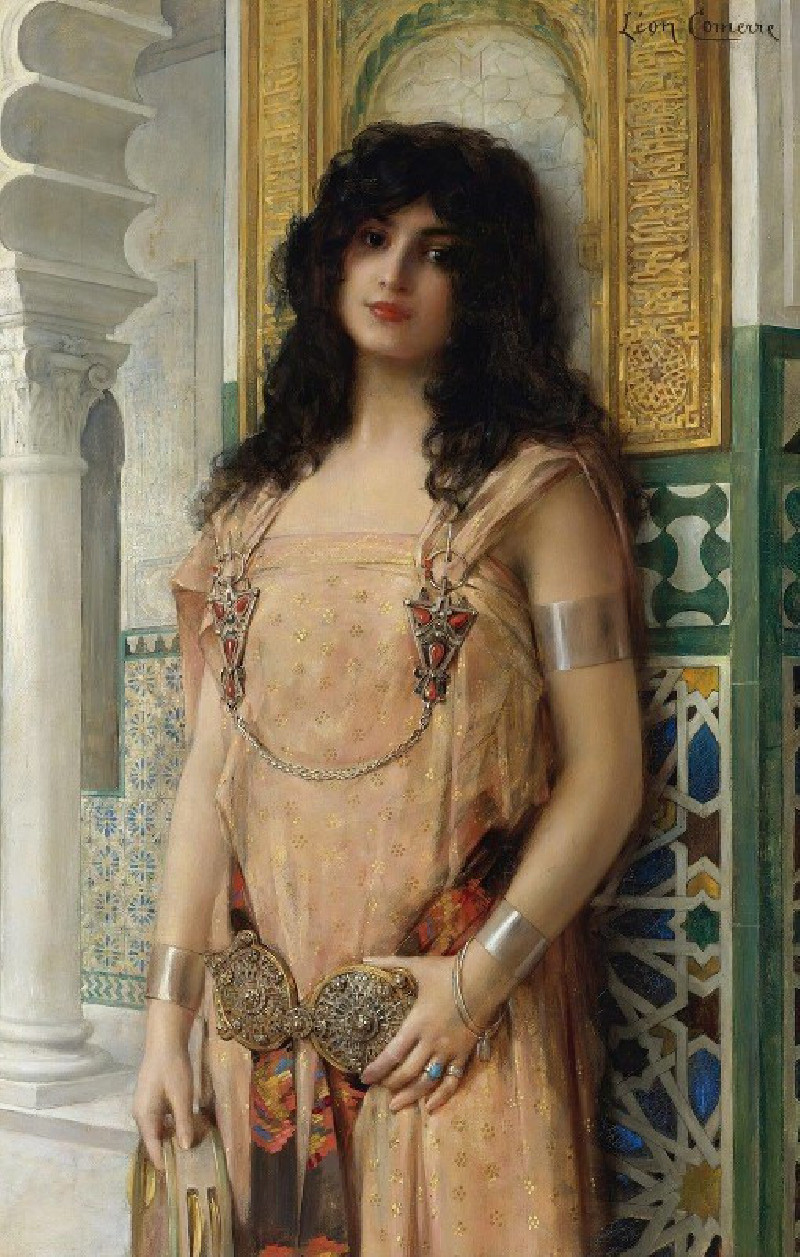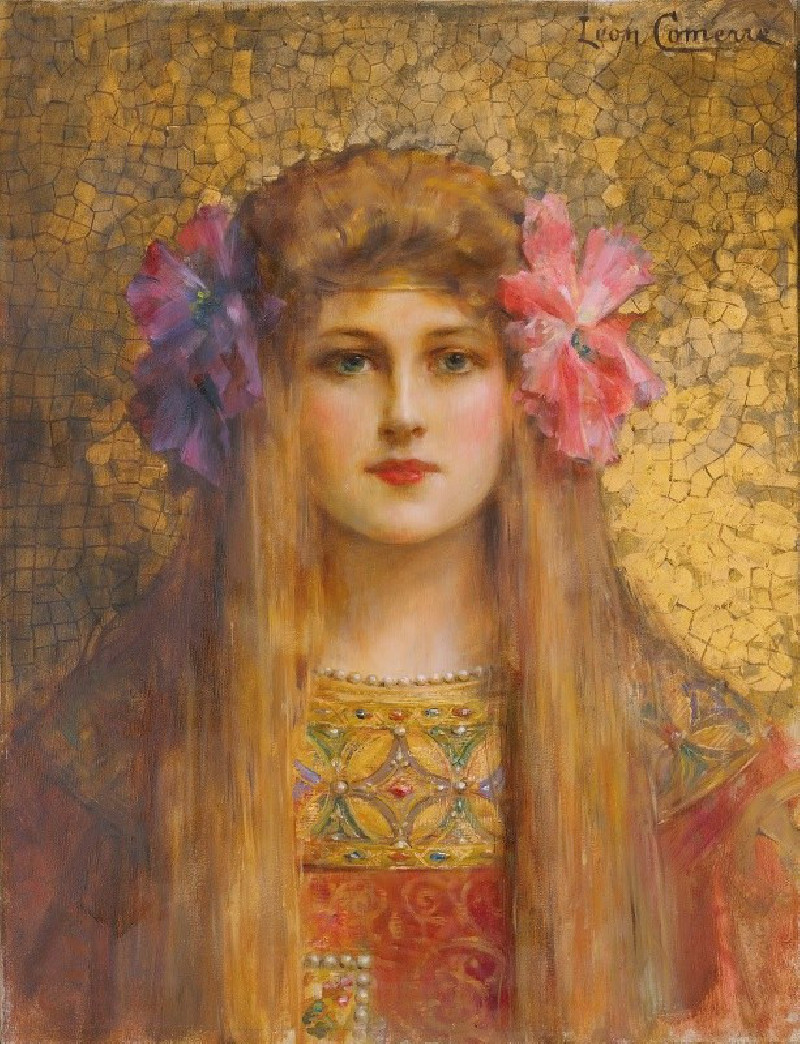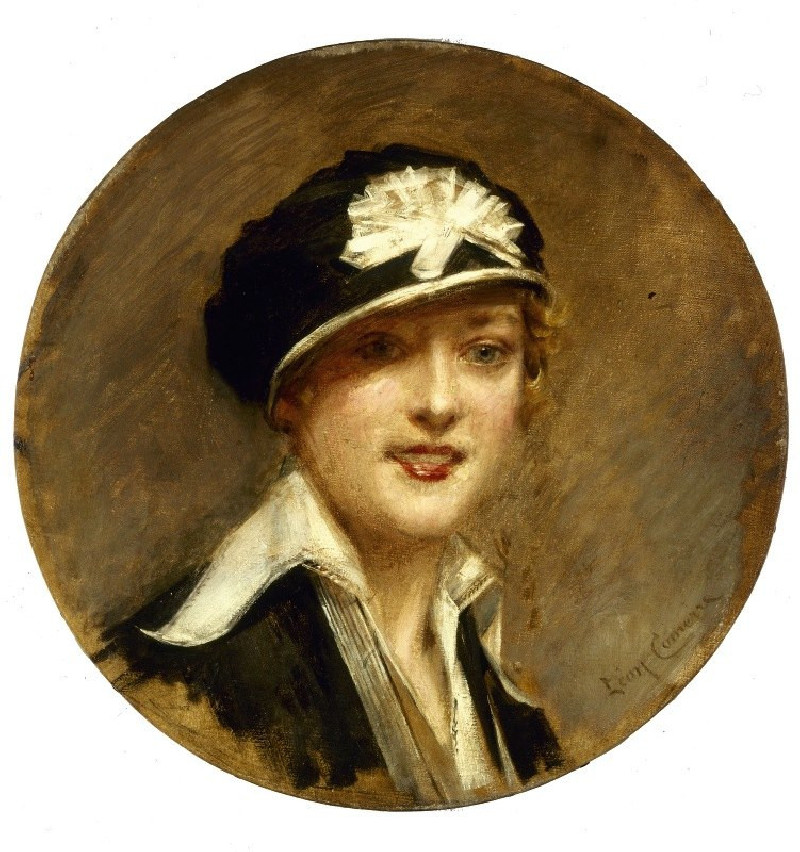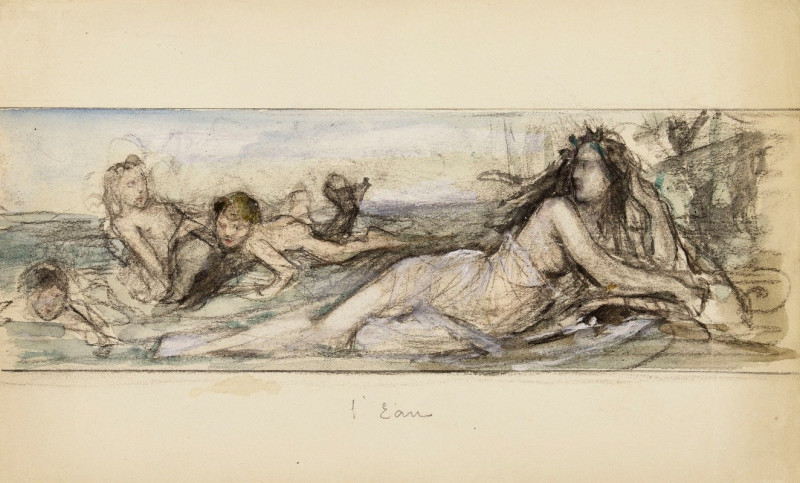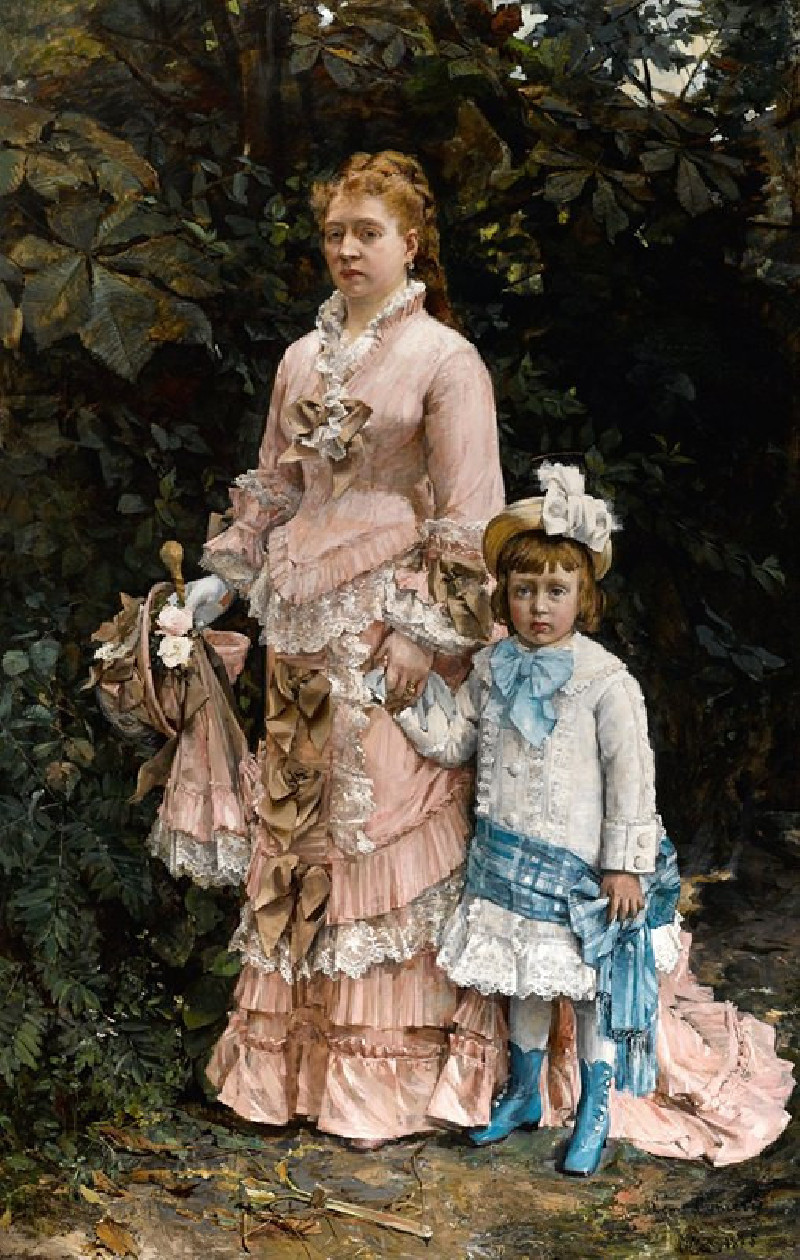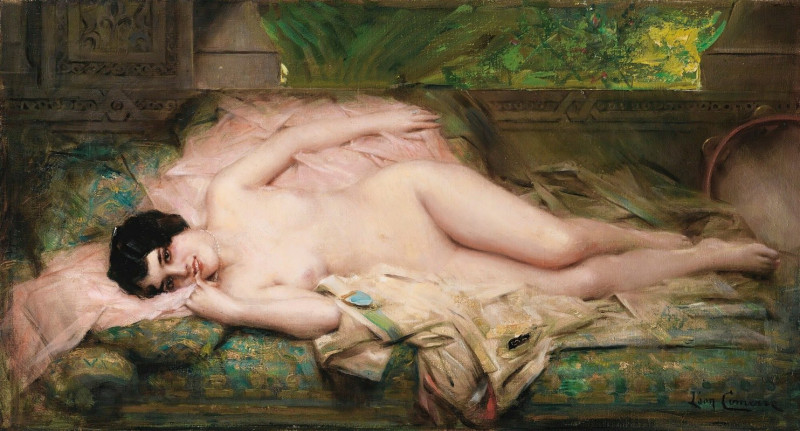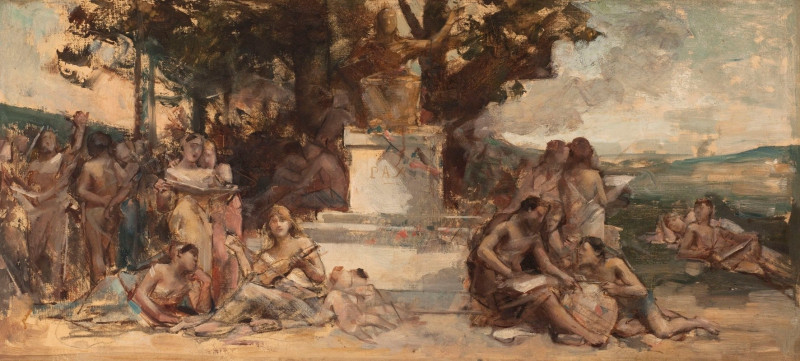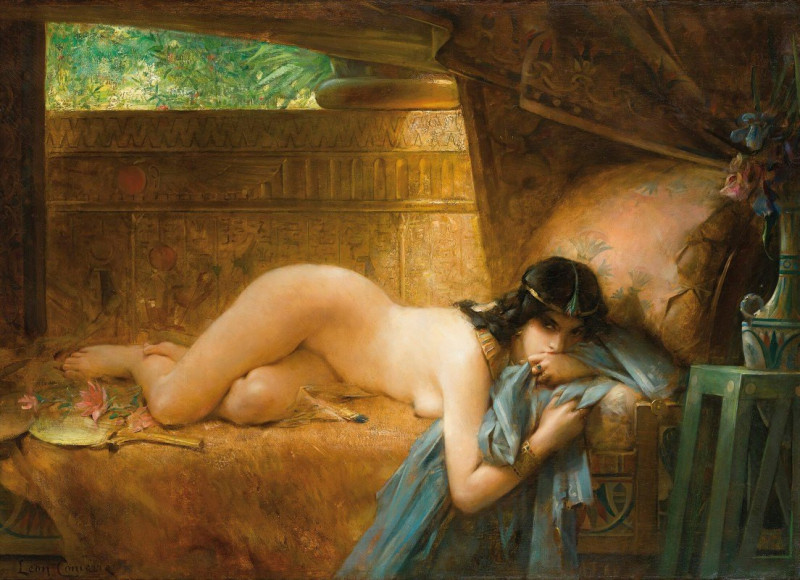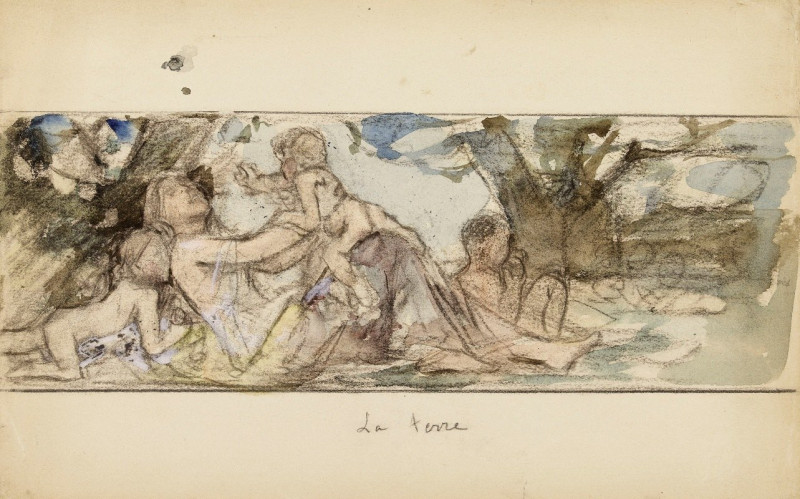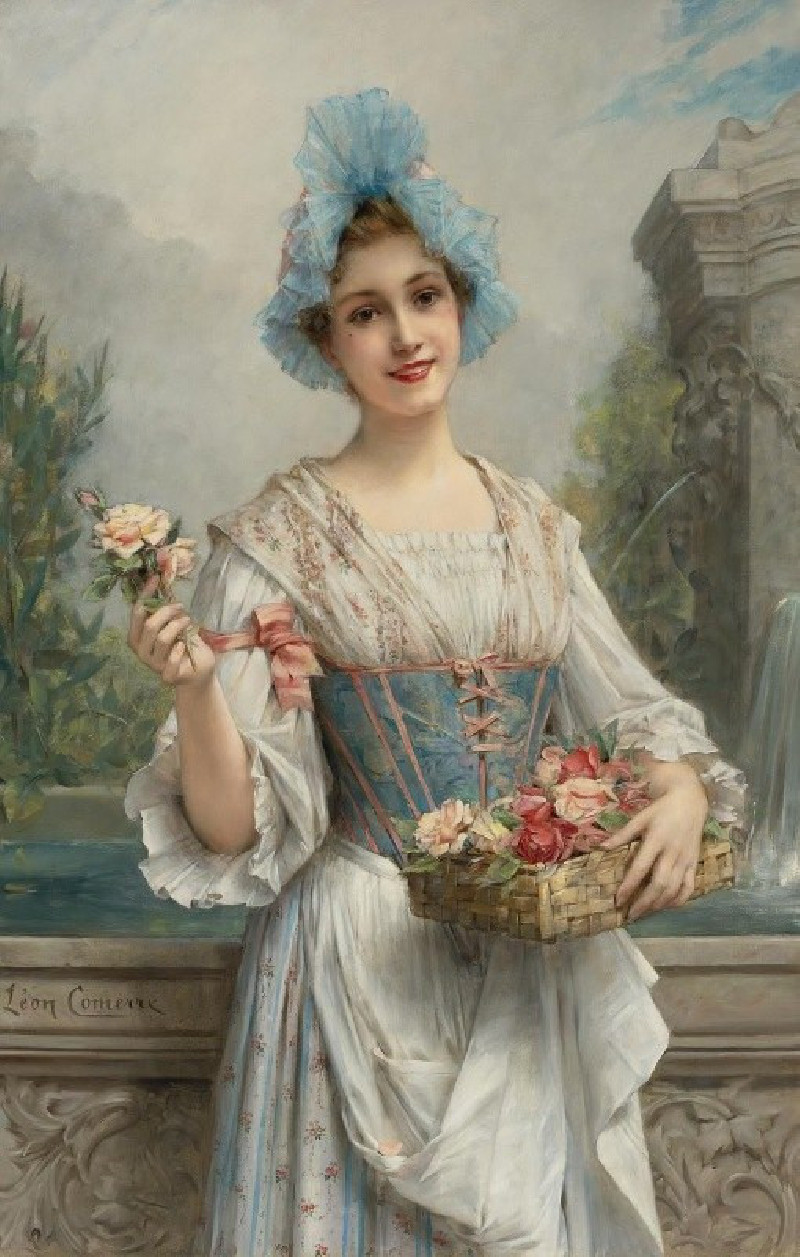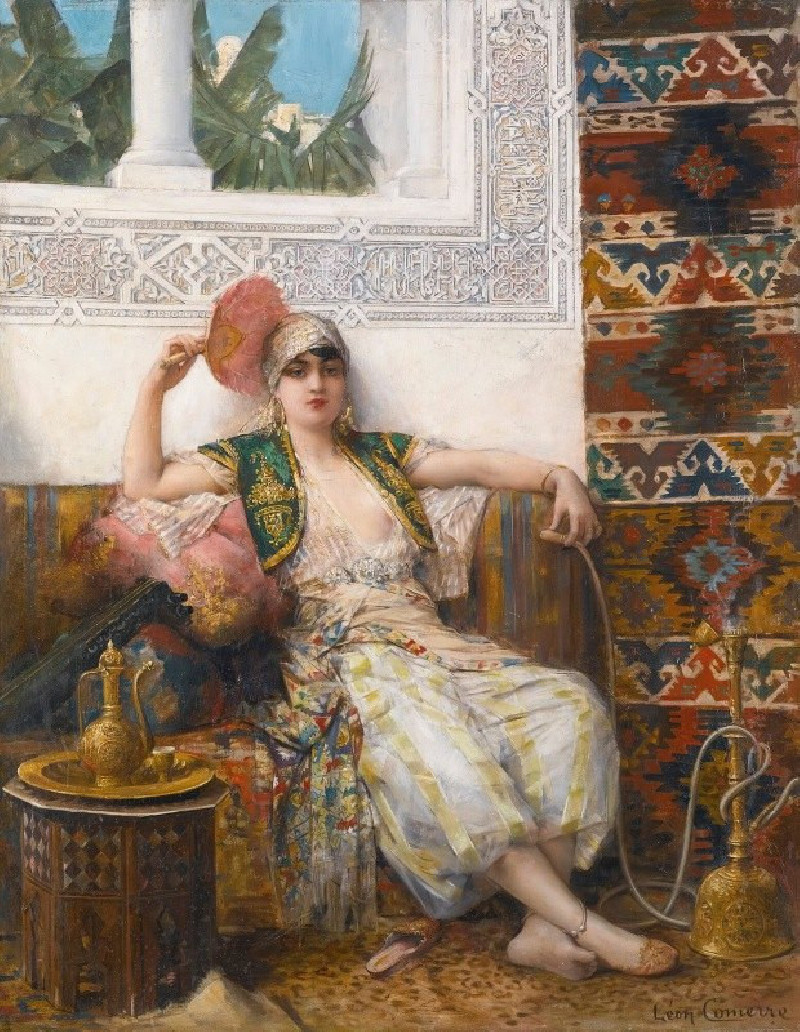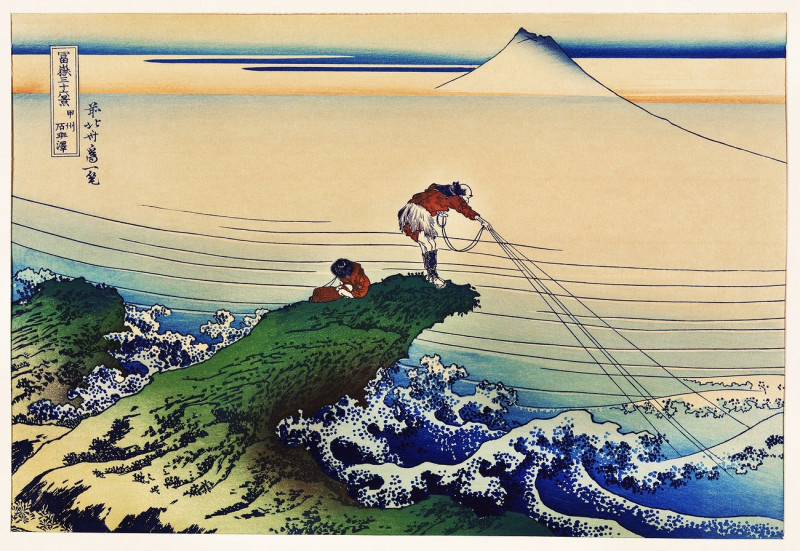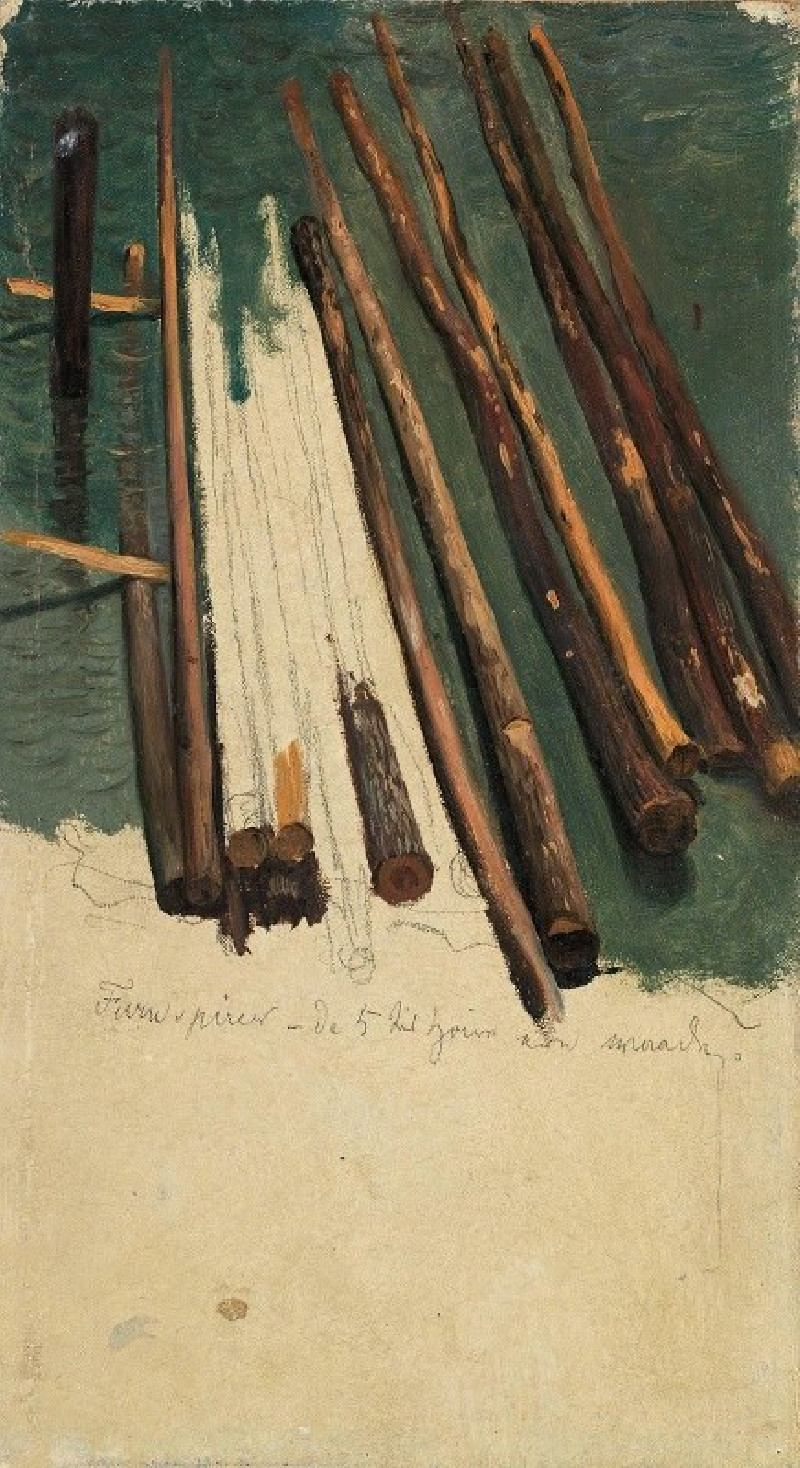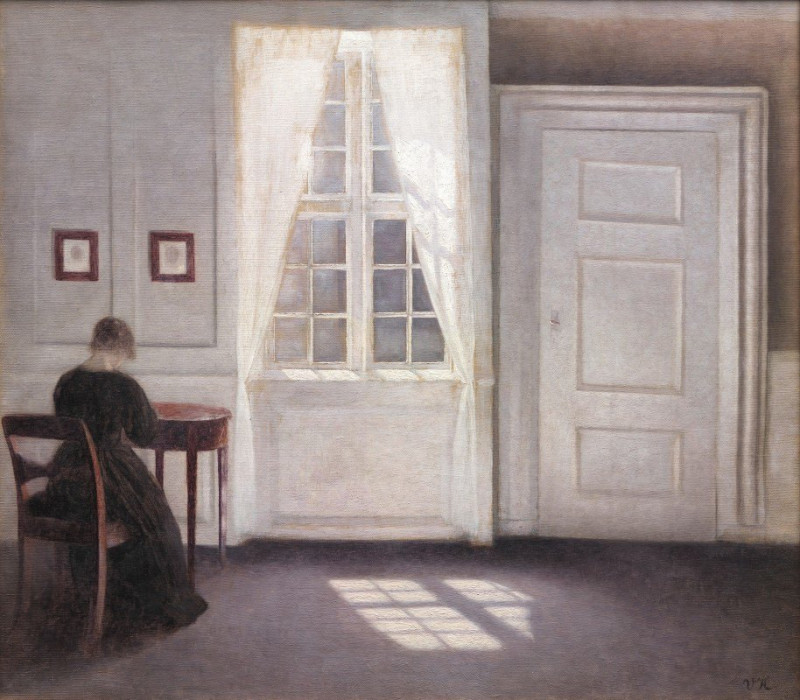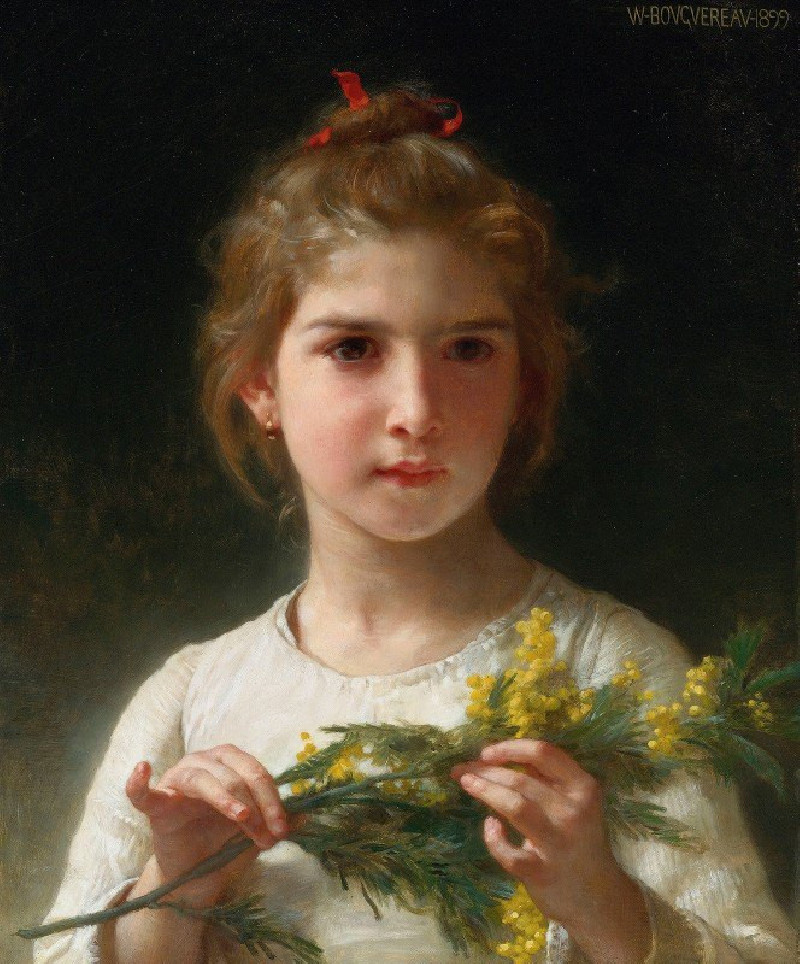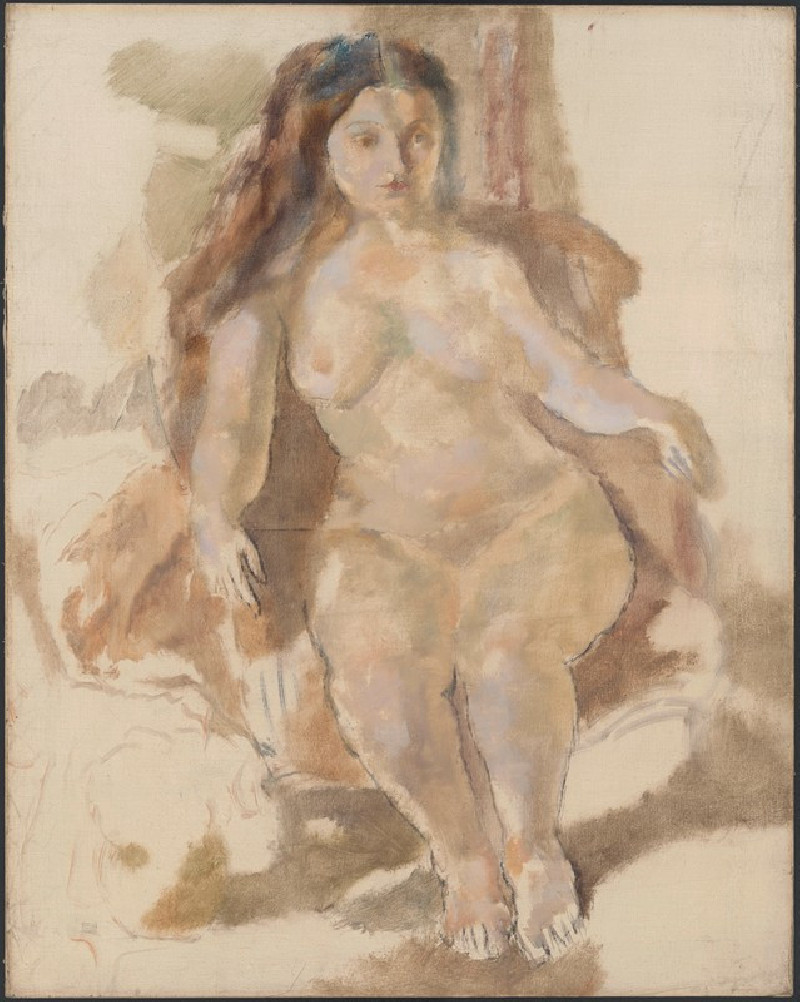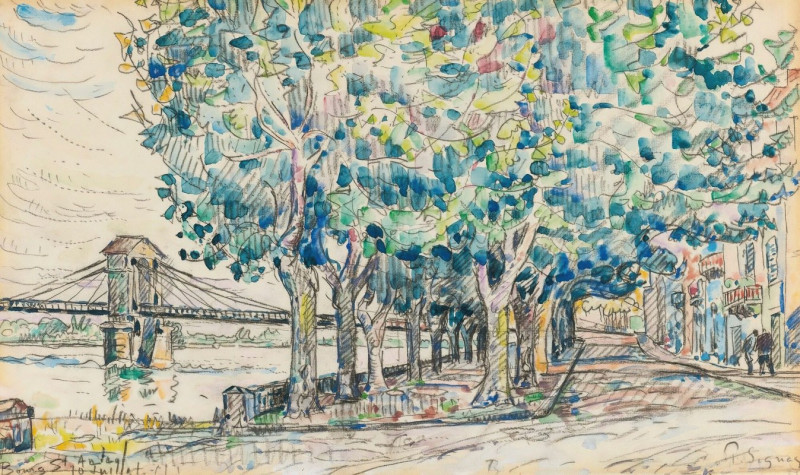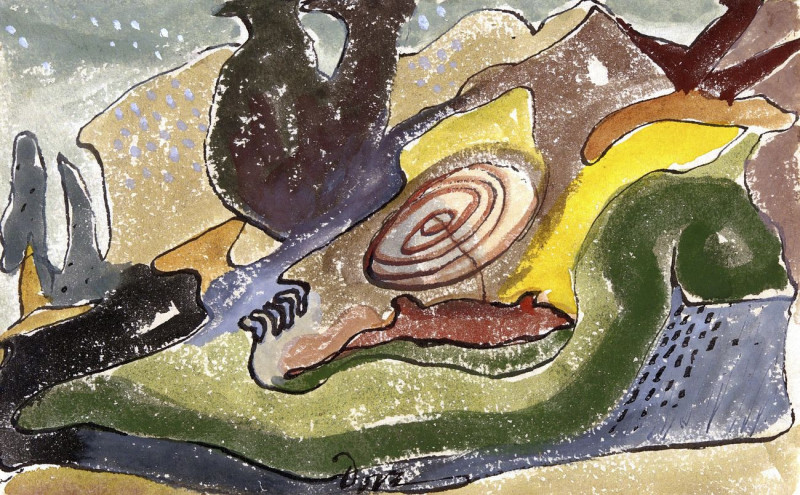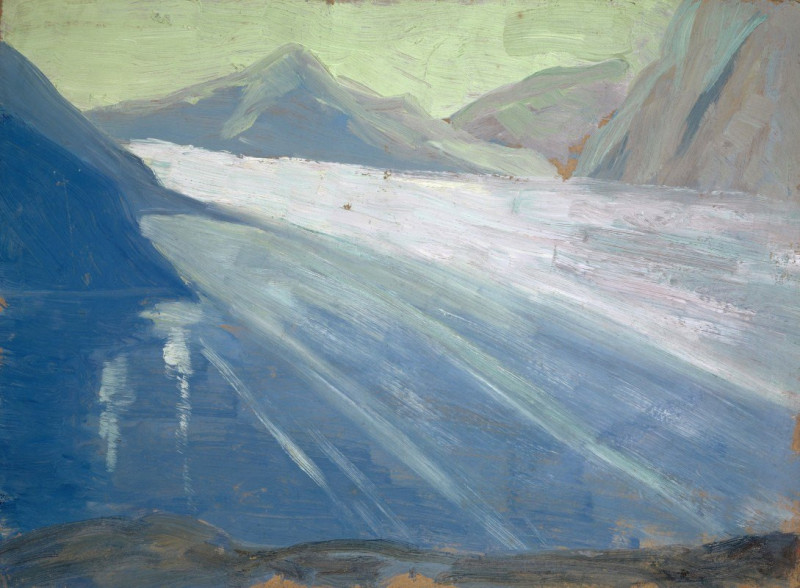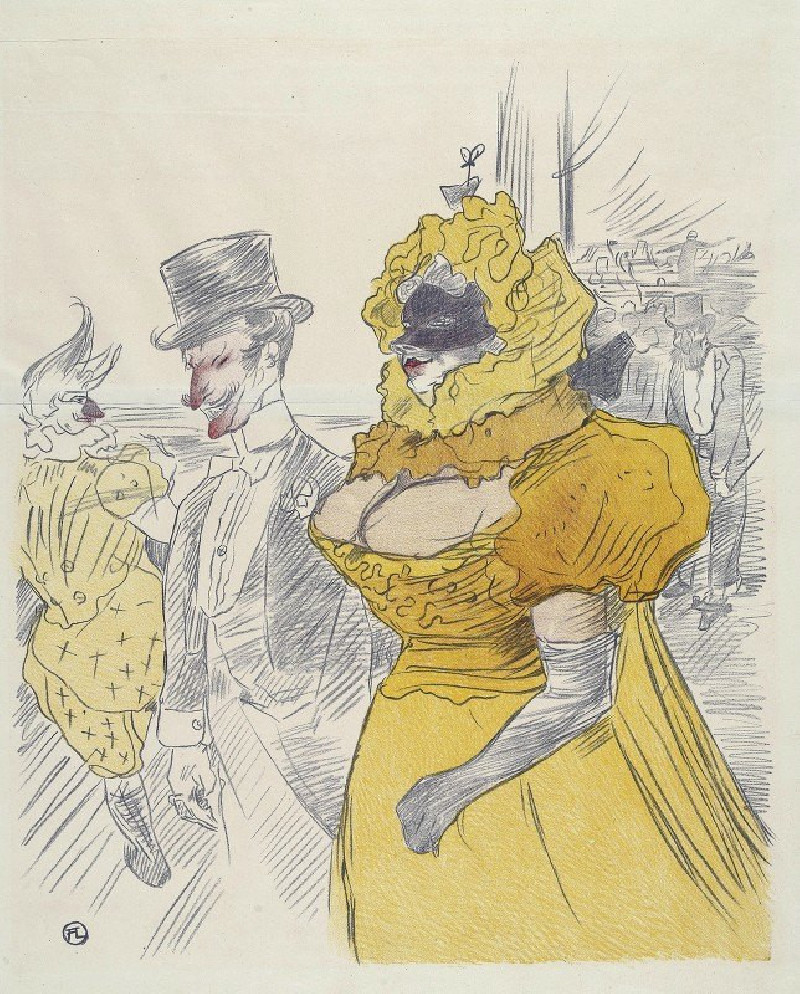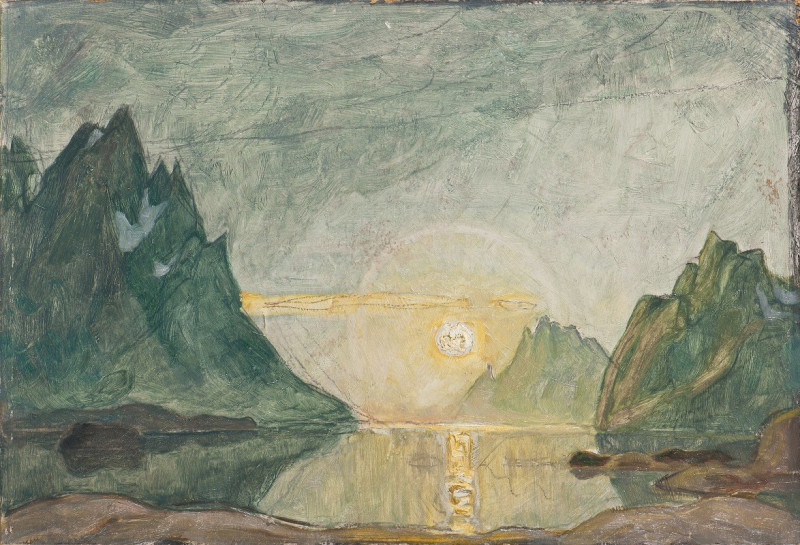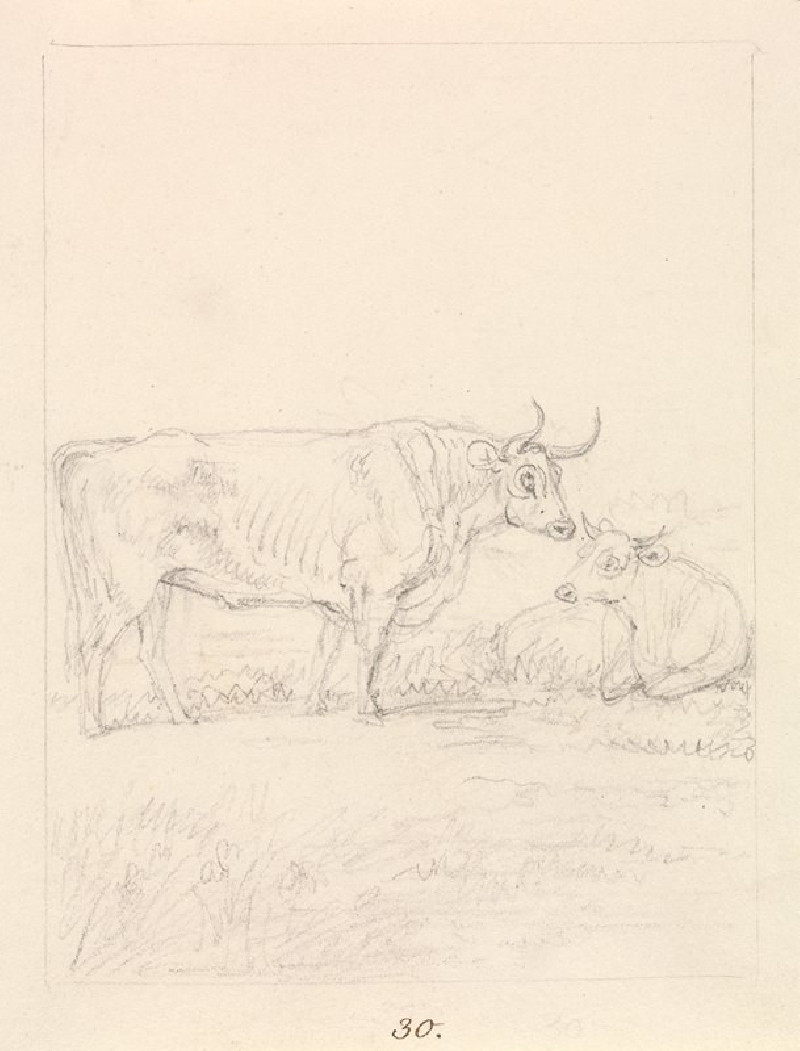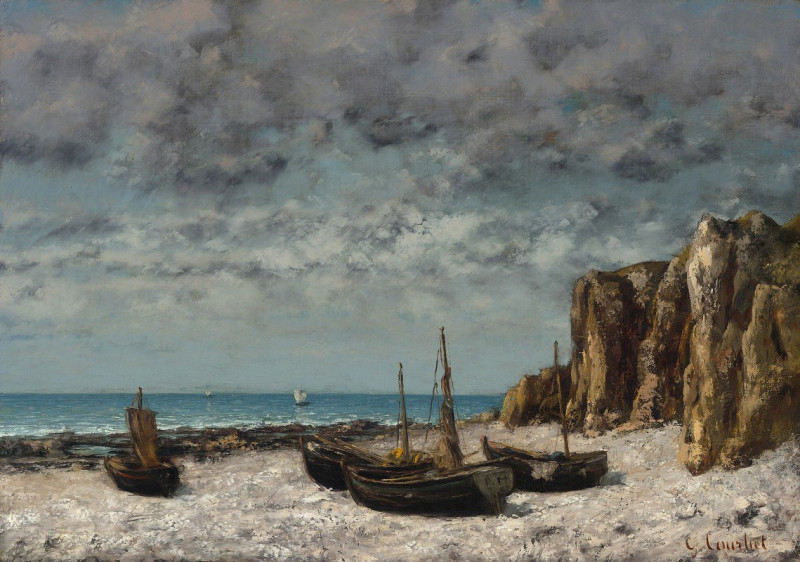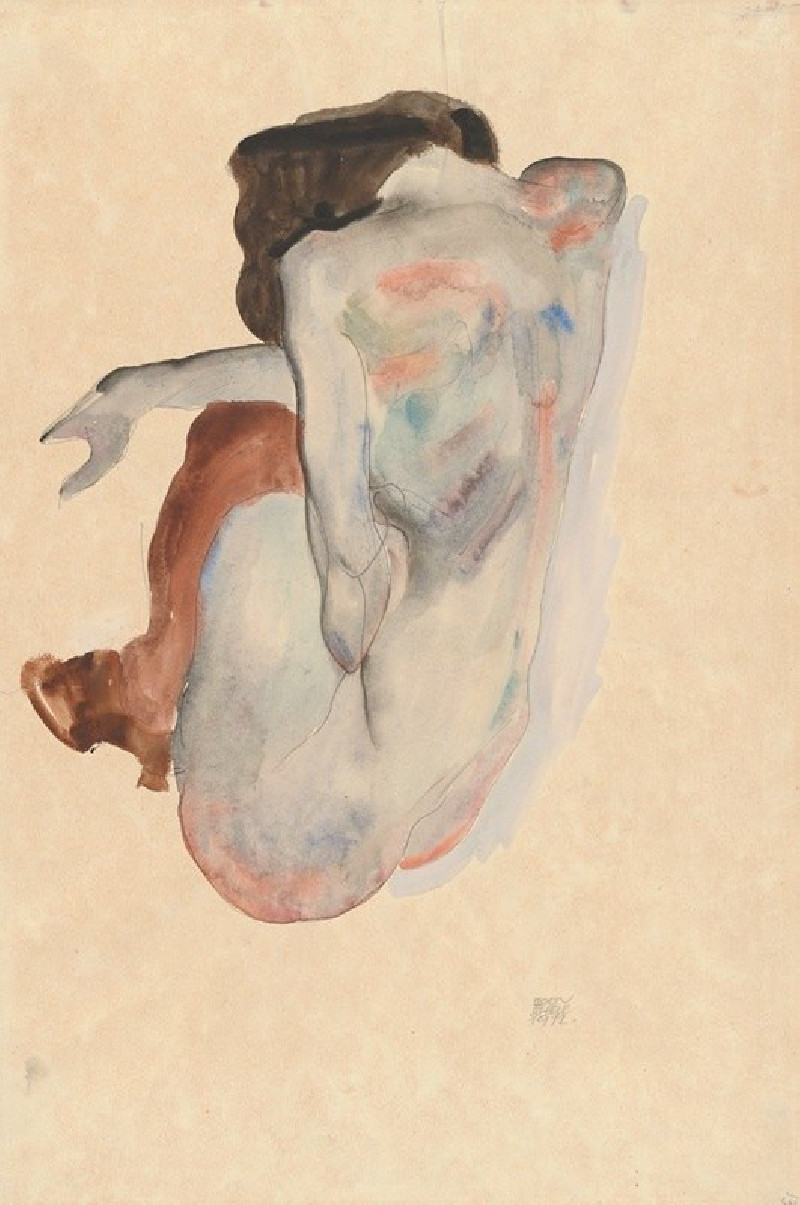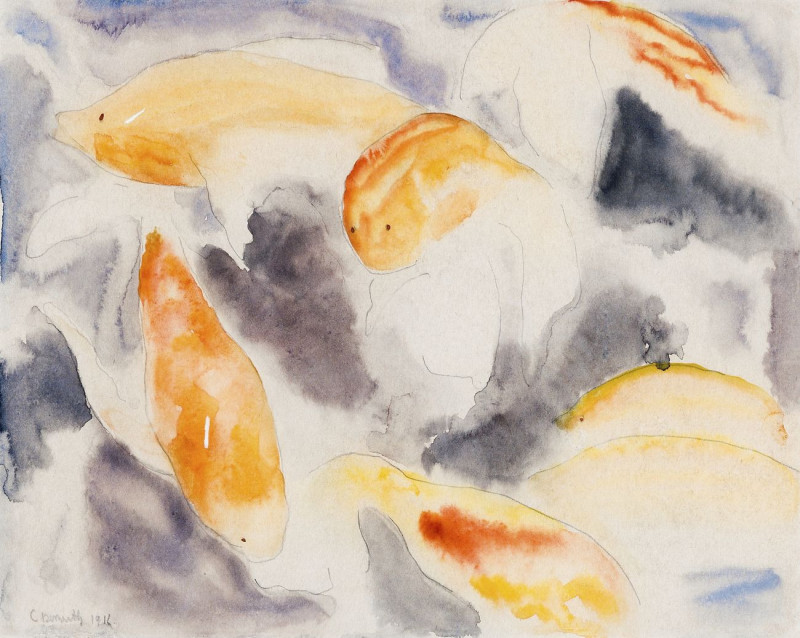Danae
Technique: Giclée quality print
Recommended by our customers
More about this artwork
"Danae," painted by the French artist Léon François Comerre, is an exquisite masterpiece that captures a moment of both vulnerability and mysticism rooted in Greek mythology. This evocative work, rich in texture and delicate hues, portrays Danae, the mother of Perseus, as she experiences the divine shower of gold—a metamorphosis by which Zeus approaches her.In the painting, Danae lies reclined, her body gracefully uncovered and gently illuminated against a backdrop of soft, shadowy tones. The golden flakes, symbolizing Zeus, fall around her, catching the light and adding a surreal quality to the scene. The subtle blending of colors and the ethereal quality of light emphasize the transcendent aspect of this intimate encounter.Comerre’s skillful use of chiaroscuro techniques enhances the three-dimensional form of Danae, making her the focal point of the composition, while her serene, almost dreamy expression evokes a state of deep contemplation or quiet resignation. The textures, from the smoothness of her skin to the tangible weight of the golden rain, bring this mythical narrative to life with an almost tactile realism.In both theme and execution, "Danae" by Léon François Comerre stands as a testament to the enduring allure of classical mythology and the timeless exploration of human emotion and divine intervention through art.
Delivery
Returns
Léon François Comerre was a French academic painter, famous for his portraits of beautiful women and Oriental themes.
Comerre was born in Trélon, in the Département du Nord, the son of a schoolteacher. He moved to Lille with his family in 1853. From an early age he showed an interest in art and became a student of Alphonse Colas at the École des Beaux-Arts in Lille, winning a gold medal in 1867. From 1868 a grant from the Département du Nord allowed him to continue his studies in Paris at the famous École nationale supérieure des Beaux-Arts in the studio of Alexandre Cabanel. There he came under the influence of orientalism.

